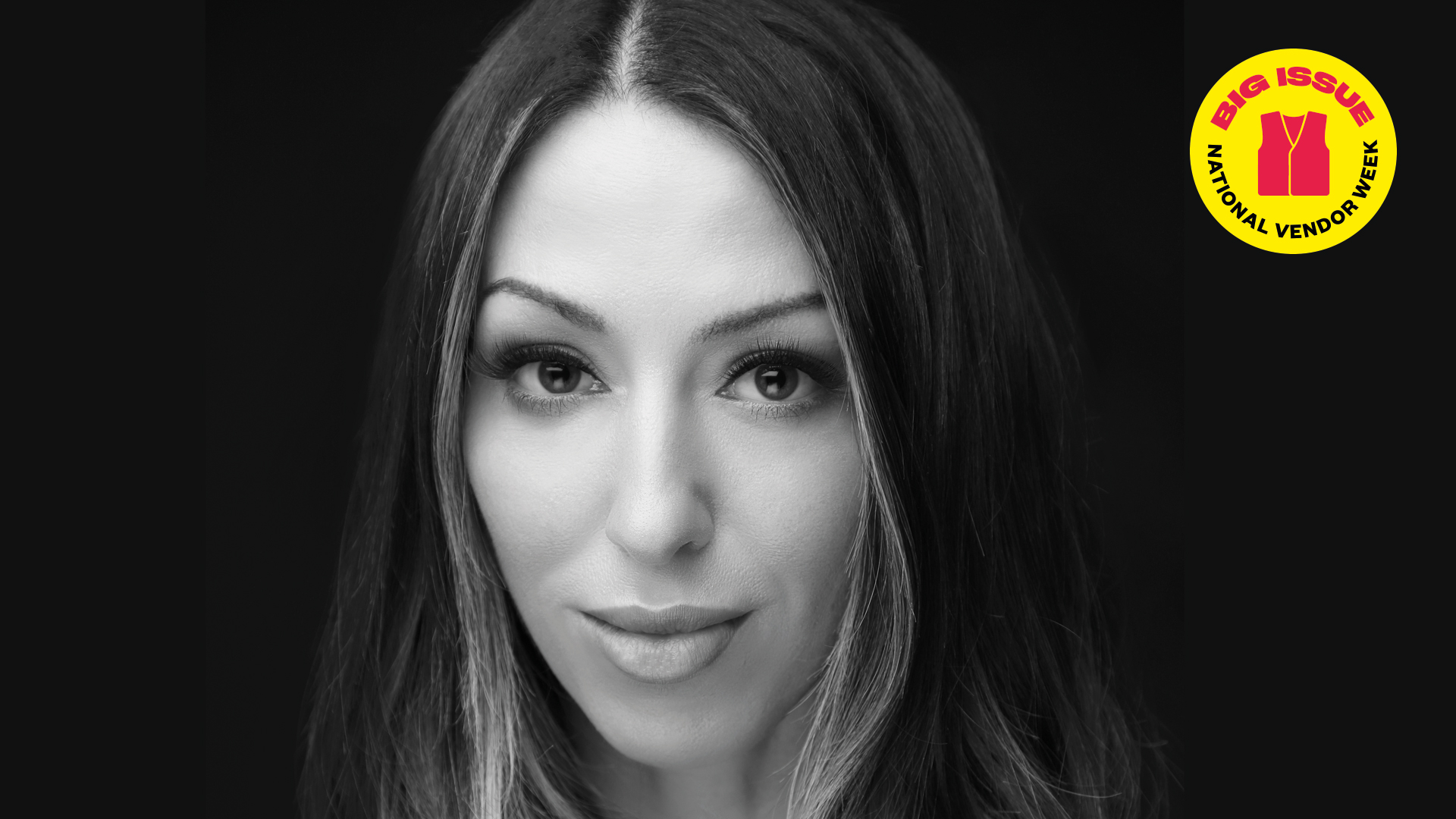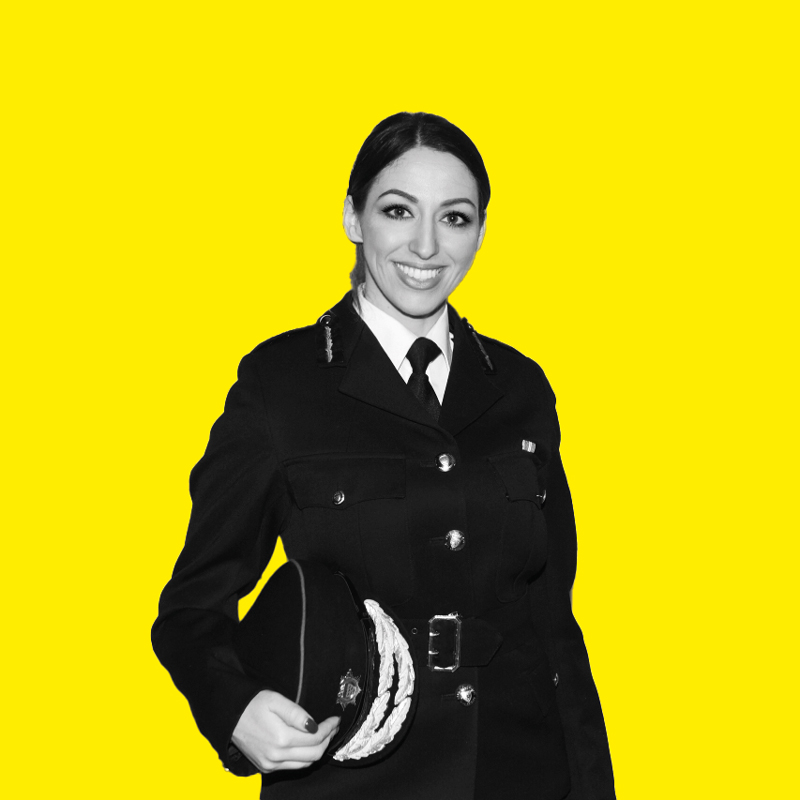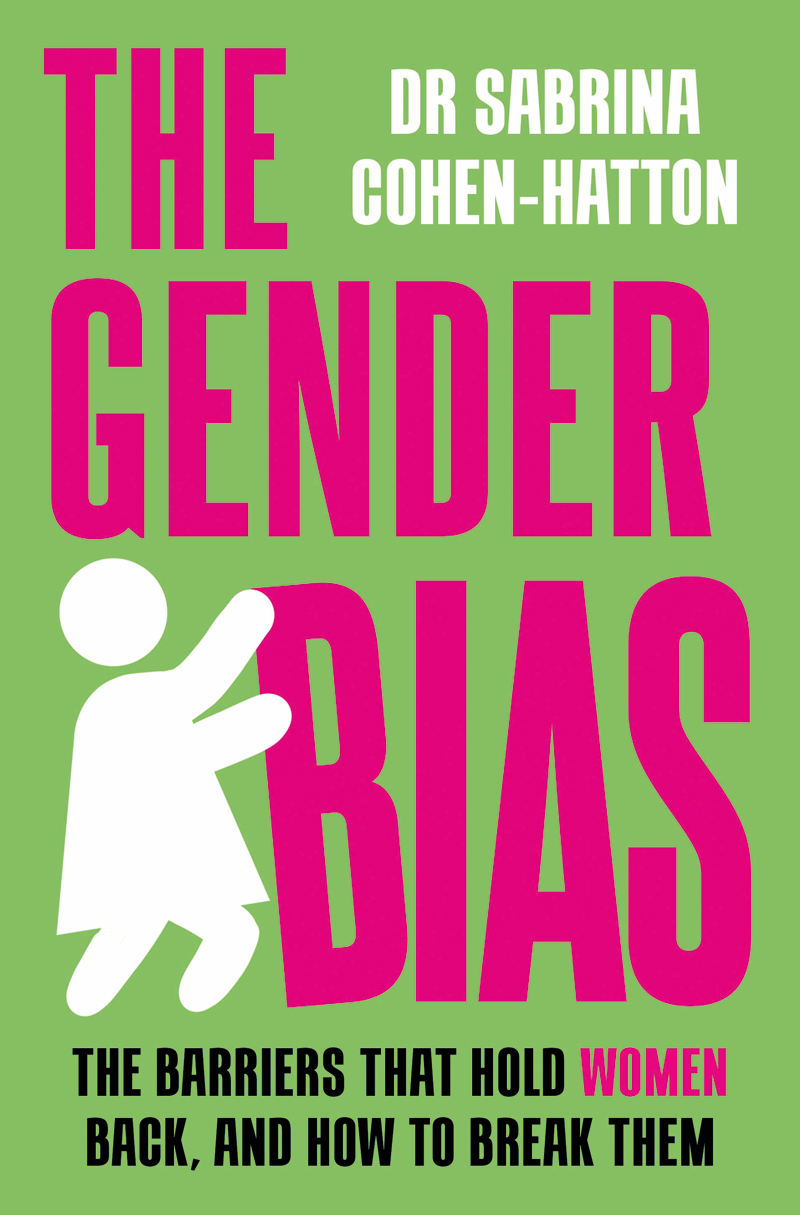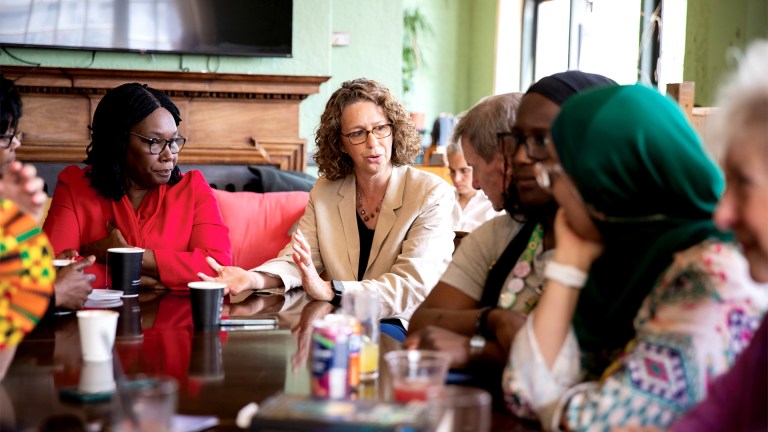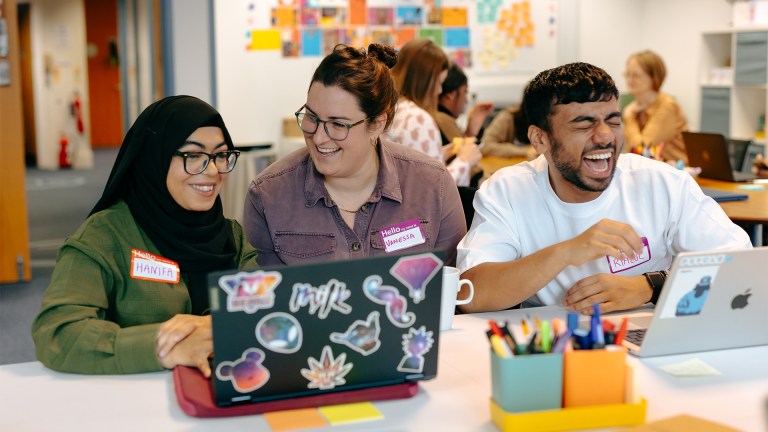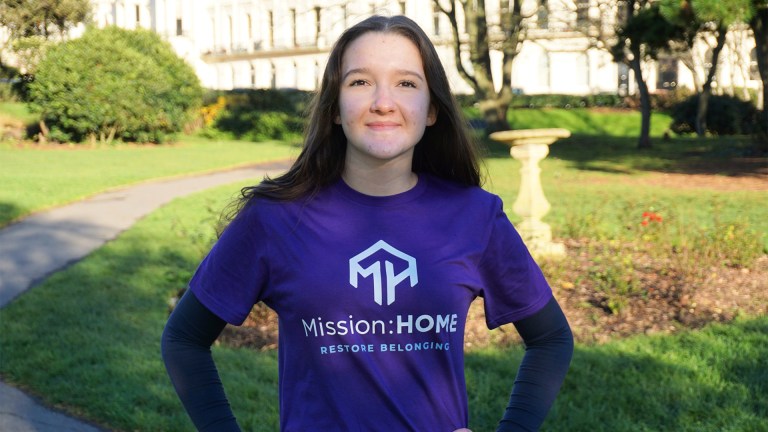Dr Sabrina Cohen-Hatton is a leading firefighter, an award-winning academic and a writer. She is also a Big Issue Ambassador, having sold the magazine as a teenager in Wales. That experience changed her life, by opening up a pathway out of homelessness towards a bright future. She’s just written her second book, The Gender Bias, about the societal barriers holding women back.
If being a woman is hard, being a poor woman is even harder. Socioeconomic status (SES) is a measure of social and economic position based on income, occupation and education – in old money, your social class. And gender intersects with SES to create unique difficulties for women. Despite the myths of a classless society, there is a ‘glass breadline’ – an invisible barrier of social norms and preconceptions preventing social mobility, trapping people below it. It’s tough for anyone who finds themselves in this position, but being a woman makes you even more likely to get stuck there.
It’s not just the material constraints of living in poverty that make it hard, it’s the emotional strain. I know how people look at you differently when you’re living below the breadline. Because I grew up there. I was raised on benefits in a single-parent household following the death of my father. Food insecurity was an everyday reality. My free school meal was the biggest meal of the day. We didn’t have a washing machine that worked, or heating. We didn’t have new clothes or the latest gadgets. Going without material stuff was the easy part. Seeing the emotional strain on the people around you left the most indelible mark.
Your support changes lives. Find out how you can help us help more people by signing up for a subscription
I saw my mother skip meals. And I saw her distress when we would go to the supermarket and couldn’t afford enough food. I saw her age prematurely. I saw the way people would judge her because of the way she presented herself. She didn’t wear nice clothes. She couldn’t afford to. And she stopped wearing make-up. She couldn’t afford it. My mother didn’t bother with her hair. She couldn’t afford it. I saw the way that affected her self-esteem. I saw her slowly withdraw from friends, family and eventually from society.
We would pretend not to be home when the bailiffs were knocking. It was unnerving as a child to experience intimidating, physically imposing men banging on the door. They would shout through the letterbox that they knew we were in there. They could ‘smell us’. It doesn’t prepare you for a good day at school. When poverty is a reality, it can quickly go from bad to worse. Before I was 16, I experienced homelessness. I slept on the streets and sold The Big Issue. While some people showed me immeasurable kindness, many looked at me like I was sub-human. People were swift to judge me based on how I looked, dressed and presented. More told me that my circumstances must have been my fault than ever asked me why I was experiencing them.
